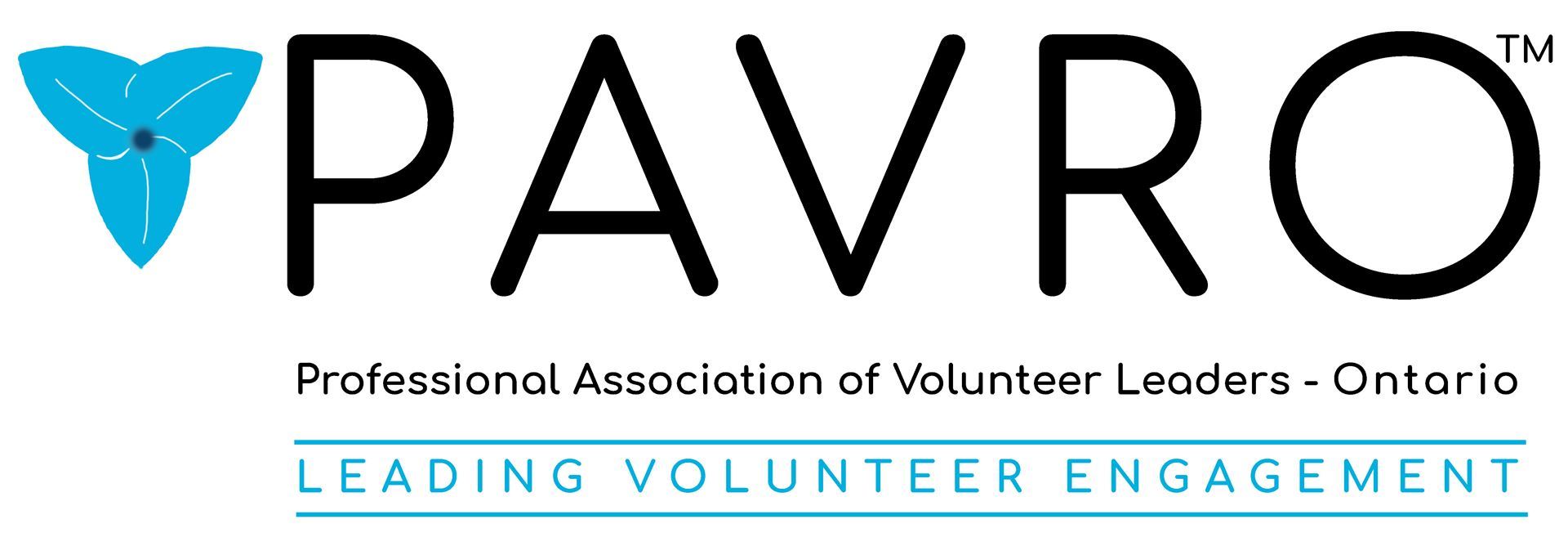Menu
Log in
| LOGIN |

Welcome to the all new PAVRO BLOG!
Have quality content that relates to the Volunteer Engagement field? Submit to pavro@pavro.on.ca.
Powered by Wild Apricot Membership Software
| LOGIN |

Welcome to the all new PAVRO BLOG!
Have quality content that relates to the Volunteer Engagement field? Submit to pavro@pavro.on.ca.
